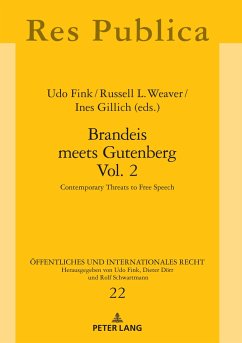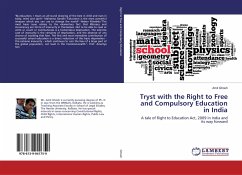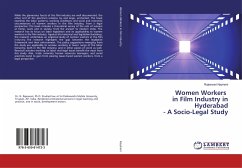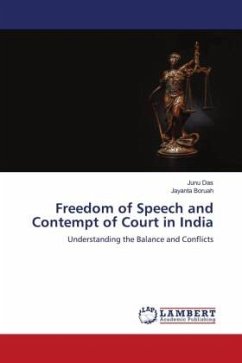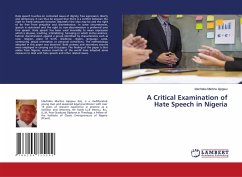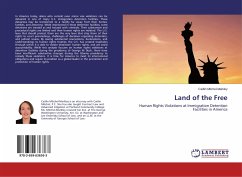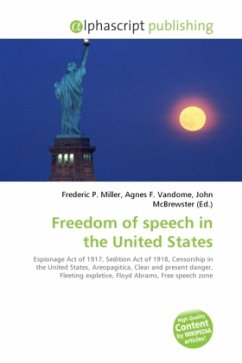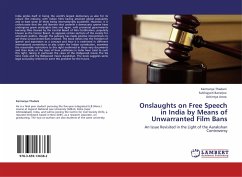
Onslaughts on Free Speech in India by Means of Unwarranted Film Bans
An Issue Revisited in the Light of the Aarakshan Controversy
Versandkostenfrei!
Versandfertig in 6-10 Tagen
32,99 €
inkl. MwSt.

PAYBACK Punkte
16 °P sammeln!
India prides itself in being the world's largest democracy as also for its robust film industry, with Indian films having attained global popularity and at least some of them being internationally acclaimed. However, it is unfortunate that the civil liberties that underlie a democratic system have undergone grave onslaughts time and again, with provincial governments banning films cleared by the Central Board of Film Certification, popularly known as the Censor Board, to appease certain sections of the society for vote-bank politics, though the judiciary has made positive interventions to get ...
India prides itself in being the world's largest democracy as also for its robust film industry, with Indian films having attained global popularity and at least some of them being internationally acclaimed. However, it is unfortunate that the civil liberties that underlie a democratic system have undergone grave onslaughts time and again, with provincial governments banning films cleared by the Central Board of Film Certification, popularly known as the Censor Board, to appease certain sections of the society for vote-bank politics, though the judiciary has made positive interventions to get these unwarranted bans revoked. The book delves into the freedom of speech and expression as a concept and how it is enshrined in different international conventions as also under the Indian constitution, examines the reasonable restrictions to this right enshrined in these very documents and then looks at the issue of how politicians in India have tried to curb this right, taking in particular the cases of the Hollywood movie The Da Vinci Code and the Bollywood movie Aarakshan. The book suggests some legal and policy reforms to avert this problem for the future.



